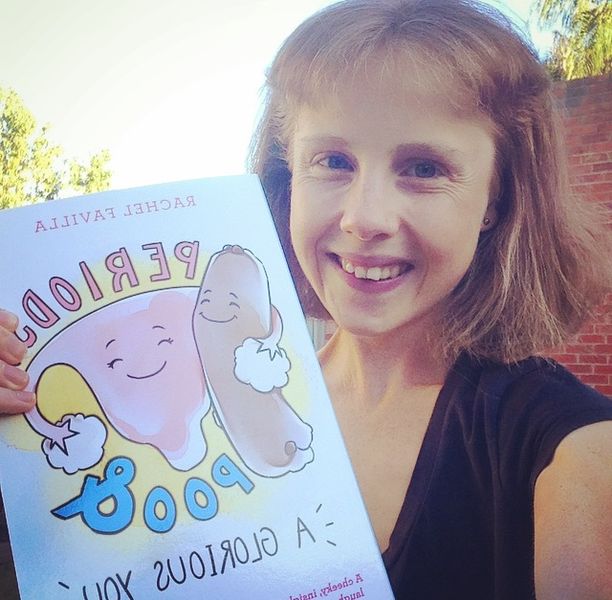
Rachel Favilla – It’s a Common Assumption that Adopting a Plant-Based Lifestyle is a Costly Decision

 Whether you’re abstaining from flesh only (vivacious vegetarians) or going the whole vegan hog, dietary change can be expensive. The word to focus on is ‘can’. It can be. Plant-based diets are trendy and food companies are only too willing to sell us mock meats made from gluten – not wheat, we’re talking isolated G-L-U-T-E-N – and fake cheese packed with soy, starch and food colouring. Then there’s glossy vegan chocolate bars and cruelty-free crackers. Most are packaged in plastic and accompanying the landfill is an above-average price tag.
Whether you’re abstaining from flesh only (vivacious vegetarians) or going the whole vegan hog, dietary change can be expensive. The word to focus on is ‘can’. It can be. Plant-based diets are trendy and food companies are only too willing to sell us mock meats made from gluten – not wheat, we’re talking isolated G-L-U-T-E-N – and fake cheese packed with soy, starch and food colouring. Then there’s glossy vegan chocolate bars and cruelty-free crackers. Most are packaged in plastic and accompanying the landfill is an above-average price tag.
Lurking in the humble shadows of such items are the cheap-as-chips cornerstones of any wholesome diet; fruits, veggies, legumes, nuts, seeds and ancient grains. Thankfully, you can buy these loose, in bulk and get bang for your nutritional buck. Gram for gram, chickpeas are cheaper than chicken, buckwheat is more economical than beef and macadamias … oh, who am I kidding, macas are going to cost you, but in general, you get the idea.
If you go from eating a two-dollar loaf of white bread to a fifteen-dollar loaf of sprouted ancient grain bread from the health food store, your grocery bill just soared by thirteen dollars. If you go from drinking home brand milk at a dollar a litre to an organic activated almond alternative that costs seven dollars a litre, that’s another six bucks. There’s a way around this, and it comes down to a shift in what you consider your ‘staples’ to be.
If you swap your peanut butter on toast for peanut butter on banana slices, the price discrepancy is minuscule. If you kiss goodbye to your days of sporting milk moustaches and instead invest in a kilo or so of lentils, your wallet – and bowels for that matter (oh hail glorious fibre) – will sing your praises.
The truth is, fruits and vegetables cost what they cost. Omnivore or herbivore, the latter two food groups are a nutritious basis for any diet worth its weight in excreted waste matter (or to put it plainly, poo). Anyone who’s been subsiding on cheap refined carbohydrates that starts purchasing more fresh produce will witness an increase in their grocery bill – regardless of whether the remainder of their shopping list specifies sunflower seeds or salmon. They’ll also likely witness an increase in energy and stool frequency – some would say that euphoria (or should I say, poophoria?) are worth the extra few bucks.
If you can be flexible with time and travel, farmers markets tend to have better deals than supermarkets when it comes to fruits and veggies. Bulk food stores allow you to recycle your own glass jars and paper bags – so you aren’t paying a premium for packaging. You also get the bonus of contributing less waste to the environment. Without getting too woo-woo on you, Mother Nature has an interesting way of financially and emotionally rewarding us for looking after her. I pick up a lot of rubbish and avoid plastic where I can. I also find a lot of coins in the bike lane on my daily commutes. Coins that go towards funding my mega-simplistic diet of fruits, veggies, nuts and seeds. Coincidence? I like to think not.
About The Author


Rachel is a warm, personable and whimsical BHSc Nutritionist, Yoga Teacher, Author and Energy Healer who is passionate about sustainable dining and plant-based living. Her adored book A Periods, Poo & A Glorious You is comedic literary adventure that explores the dynamic human trilogy; body, mind and spirit. In everything that she does, Rachel marries health with humour and acts as a bridge between science and spirit.
Find her and her magical book at www.realsoupfortherealsoul.com
